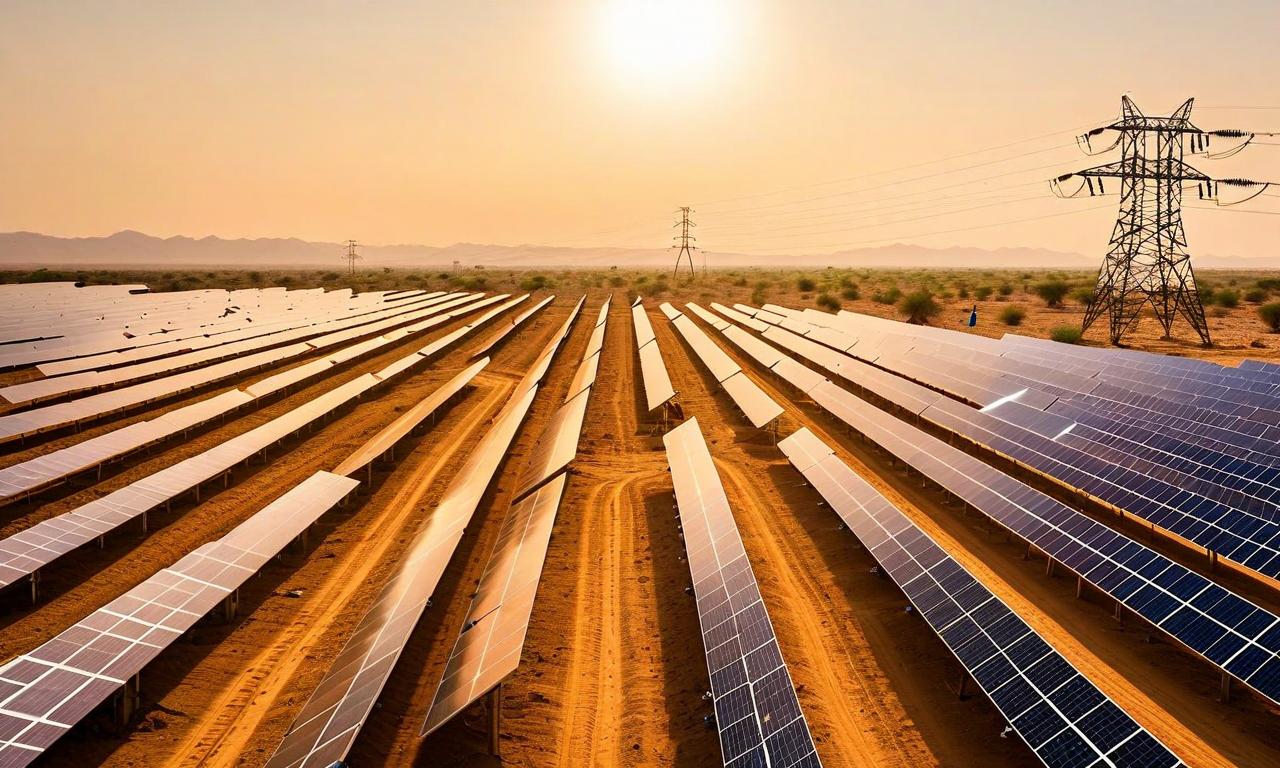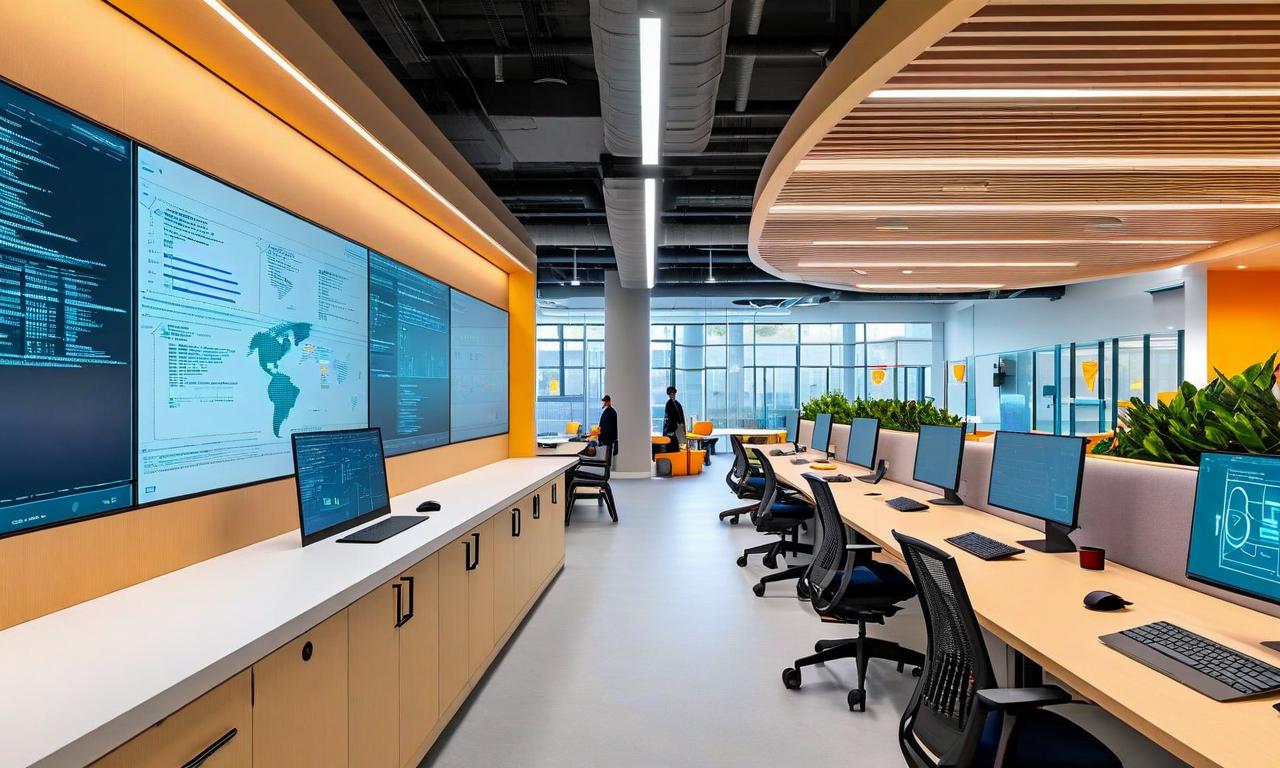PM Modi Meets Global Semiconductor Leaders at Semicon India 2025
Prime Minister Narendra Modi and Union Minister Ashwini Vaishnaw held a high-level round table with global semiconductor executives at Semicon India 2025 in New Delhi. The meeting followed the unveiling of India's first domestically manufactured chip and the announcement of Phase 2 of the India Semiconductor Mission support programme. The government had previously allocated ₹76,000 crore in Phase 1 to strengthen the semiconductor sector. CEOs and senior executives from major companies like ASML, Applied Materials, Infineon, and AMD participated, highlighting international interest in India's semiconductor ecosystem.
*this image is generated using AI for illustrative purposes only.
Prime Minister Narendra Modi and Union Minister Ashwini Vaishnaw convened a high-level round table discussion with top global semiconductor executives on the second day of Semicon India 2025 in New Delhi. This closed-door meeting marks a significant step in India's ambitious semiconductor mission, following recent developments in the sector.
Key Highlights
- The round table discussion took place after the unveiling of India's first domestically manufactured chip.
- PM Modi announced the launch of Phase 2 of the India Semiconductor Mission support programme.
- The government had previously committed ₹76,000.00 crore in Phase 1 to bolster the semiconductor sector.
Global Participation
The meeting saw participation from CEOs and senior executives of major semiconductor companies, including:
- ASML
- Applied Materials
- Merck/EMD
- Infineon
- AMD
- LAM Research
- Tokyo Electron
- Celesta Capital
- CG Power
- L&T Semiconductor Tech
- Tata Electronics
This diverse representation of global semiconductor leaders underscores the international interest in India's growing semiconductor ecosystem.
India's Semiconductor Ambitions
The round table discussion comes at a crucial time for India's semiconductor industry. With the unveiling of the country's first made-in-India chip and the launch of Phase 2 of the support programme, India is positioning itself as an emerging player in the global semiconductor market.
The substantial financial commitment of ₹76,000.00 crore in Phase 1 demonstrates the government's serious intent to develop a robust semiconductor manufacturing capability within the country. This initiative aims to reduce India's dependence on semiconductor imports and establish the nation as a key player in the global supply chain.
Looking Ahead
As India continues to make strides in its semiconductor mission, the engagement with global industry leaders is likely to play a crucial role. The expertise and potential partnerships stemming from such high-level interactions could accelerate India's progress in this critical technology sector.
The outcomes of this round table discussion and the implementation of Phase 2 of the India Semiconductor Mission will be closely watched by industry observers and stakeholders alike, as they could significantly impact the future landscape of semiconductor manufacturing in India and globally.



















